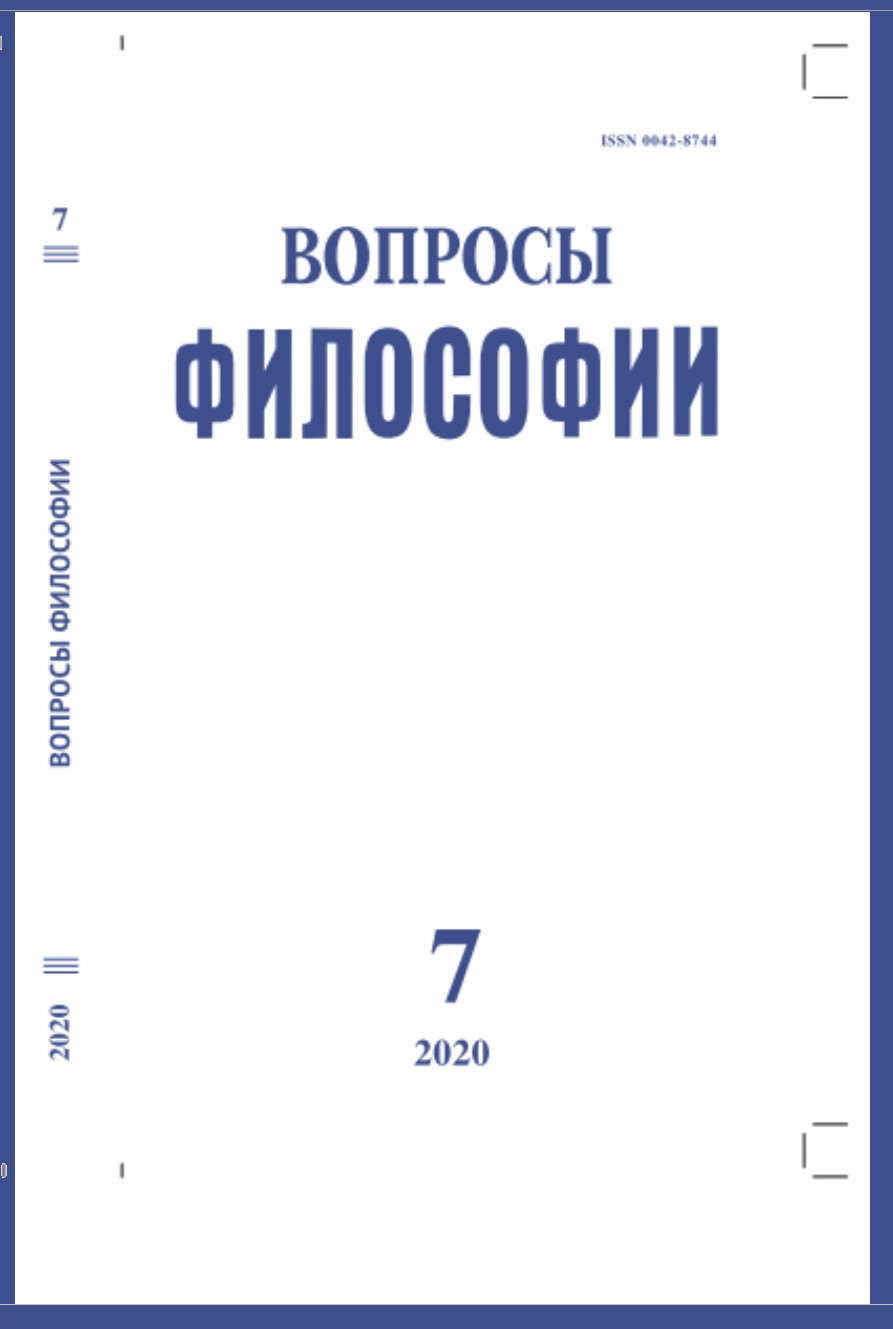Understanding of “music” in early Confucianism according to Yue Ji – Records of music
DOI:
https://doi.org/10.21146/0042-8744-2020-7-171-175Keywords:
China, philosophy, Confucianism, Yue Ji, music, politics, public administrationAbstract
The text provides an author’s translation and interpretation of the fragments of the text Yue Ji –Records of Music, 37th chapter of the canonical Confucian treatise Li Ji – Records of Ritual,which gives an idea of the understanding of “music” by the followers of the Confucian doctrine.The text Yue-ji contains natural philosophical notions about music and also illustrates theattention paid to music in the Confucian doctrine of political governance. The characteristicfeatures of music works were seen as a signal of social mores, the welfare of kingdoms, and thestate of political governance. Confucianists believed that music could influence members ofsociety, rulers, and the formation of human morals. These perceptions had a significant impacton the evolution of Chinese culture and civilization, and were translated into the creation of aspecific institution of government, exemplified by the Yue Fu – the “Palace of Music” (or“Chamber of Music”) established during the Han Dynasty. Music has gained importance in thetraditional Chinese political system as an integral part of the traditional Chinese governmentsystem.

